Reclaiming A Vegetable Garden – How To Revitalize Vegetable Gardens
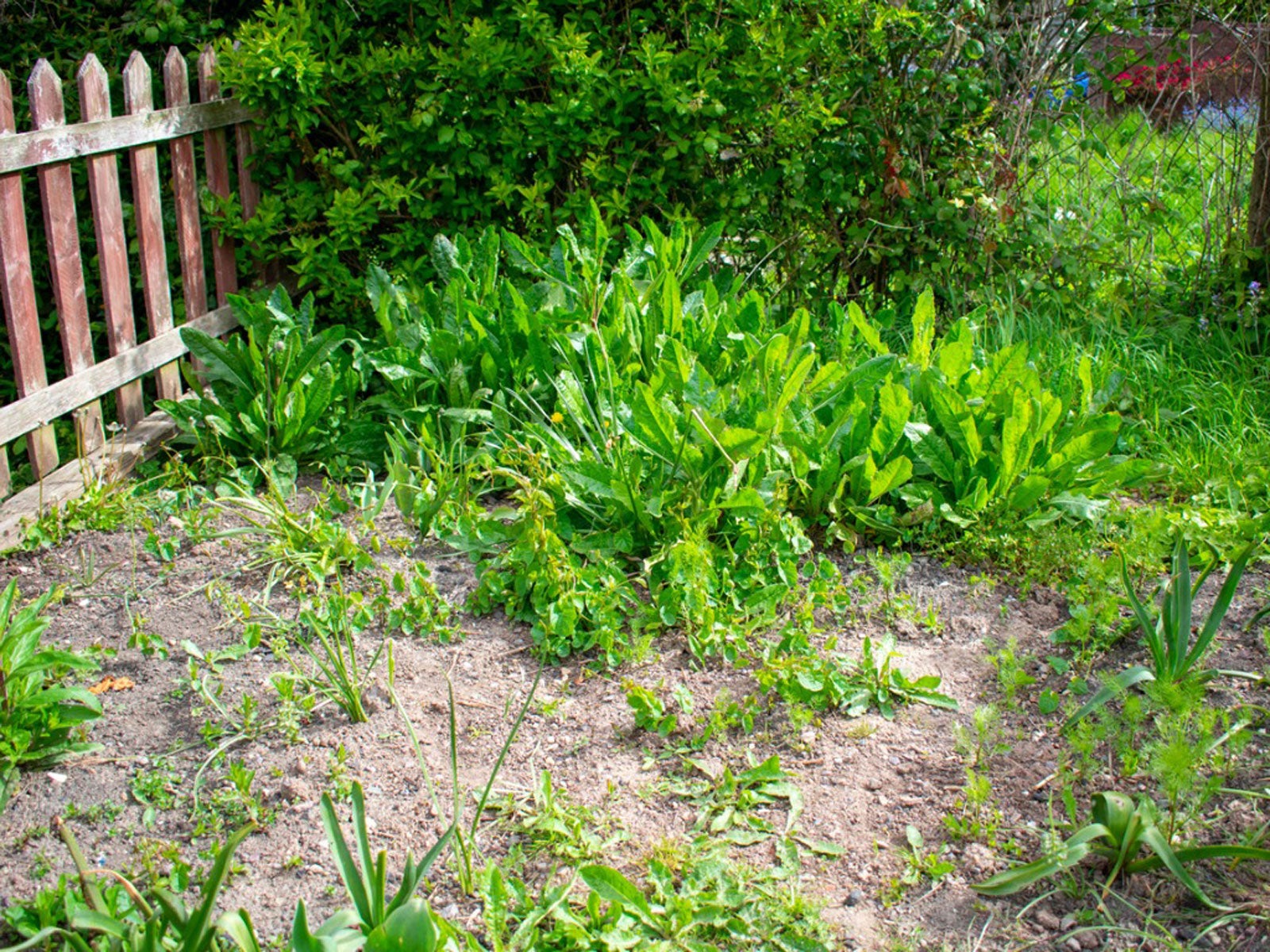
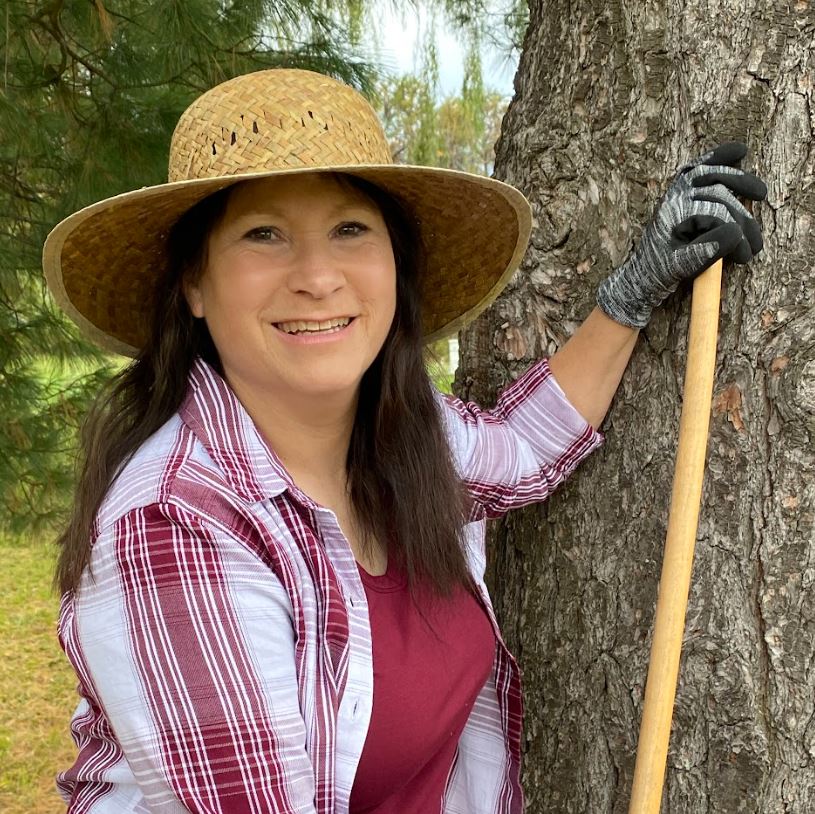
Aging parents, the demands of a new job, or the challenges of raising children in a complex world are all common scenarios which rob even the most dedicated gardener of precious gardening time. When these and similar situations arise, it's all too easy to push gardening chores aside. Before you know it, the vegetable garden is overgrown with weeds. Can it easily be reclaimed?
How to Revitalize Vegetable Gardens
If you've thrown in the “trowel” for the year, don't worry. Reclaiming a vegetable garden is not terribly difficult. Even if you've recently purchased a new property and are dealing with a very old vegetable garden, following these simple steps can have you going from weed patch to veggie garden in no time:
Remove weeds and debris
It's not uncommon for a neglected vegetable garden to contain bits and pieces of gardening equipment such as stakes, tomato cages, or tools hidden among the weeds. Hand weeding can reveal these items before they can cause damage to tillers or mowers.
When dealing with an abandoned or very old vegetable garden plot, you may discover previous owners used the space as their own personal landfill. Be wary of the toxicity of discarded items like carpet, gas cans, or pressure-treated wood scraps. Chemicals from these items can contaminate the soil and be absorbed by future vegetable crops. Soil testing for toxins is advisable before proceeding.
Mulch and Fertilize
When a vegetable garden is overgrown with weeds, two things are bound to occur.
- First, weeds can leach nutrients from the soil. The more years an old vegetable garden sits idle, the more nutrients are utilized by the weeds. If an old vegetable garden has been sitting idle for more than a couple years, a soil test is recommended. Based upon the test results, the garden soil can be amended as needed.
- Secondly, each season a neglected vegetable garden is permitted to grow weeds, the more weed seeds will be present in the soil. The old adage, “One year's seed is seven years' weed,” definitely applies when reclaiming a vegetable garden.
These two issues can be overcome by mulching and fertilizing. In the fall, spread a thick blanket of chopped leaves, grass clippings, or straw over the freshly weeded garden to prevent weeds from emerging during the winter and early spring months. The following spring, these materials can be incorporated into the soil by tilling or hand digging.
Tilling the soil and planting a “green manure” crop, such as rye grass, in the fall can also prevent weeds from germinating. Plow the green manure crop a minimum of two weeks prior to planting spring crops. This will give the green manure plant material time to decay and release nutrients back into the soil.
Gardening tips, videos, info and more delivered right to your inbox!
Sign up for the Gardening Know How newsletter today and receive a free copy of our e-book "How to Grow Delicious Tomatoes".
Once a vegetable garden is overgrown with weeds, it's advisable to keep up with weeding chores or use a weed barrier, such as newspaper or black plastic. Weed prevention is one of the most difficult aspects of reclaiming a vegetable garden. With a little extra work though, an old vegetable garden plot can be reused.

Laura Miller has been gardening all her life. Holding a degree in Biology, Nutrition, and Agriculture, Laura's area of expertise is vegetables, herbs, and all things edible. She lives in Ohio.
-
 Looking For Plants To Give You The Soft And Fuzzies? Try These 5 Fuzzy Leaf Plant Options
Looking For Plants To Give You The Soft And Fuzzies? Try These 5 Fuzzy Leaf Plant OptionsLovers of texture, drama, silver foliage and tactile plants will adore these special sensory garden additions. These fuzzy leaf plant options will leave you all aglow
By Susan Albert
-
 Get Ready For A Summer Of Hummers! Grow These Full Sun Hummingbird Plants and Flowers
Get Ready For A Summer Of Hummers! Grow These Full Sun Hummingbird Plants and FlowersIf you’re lucky enough to enjoy a sunny backyard, make sure you are maxing out on your pollinator opportunities and grow these full sun hummingbird plants and flowers
By Tonya Barnett
-
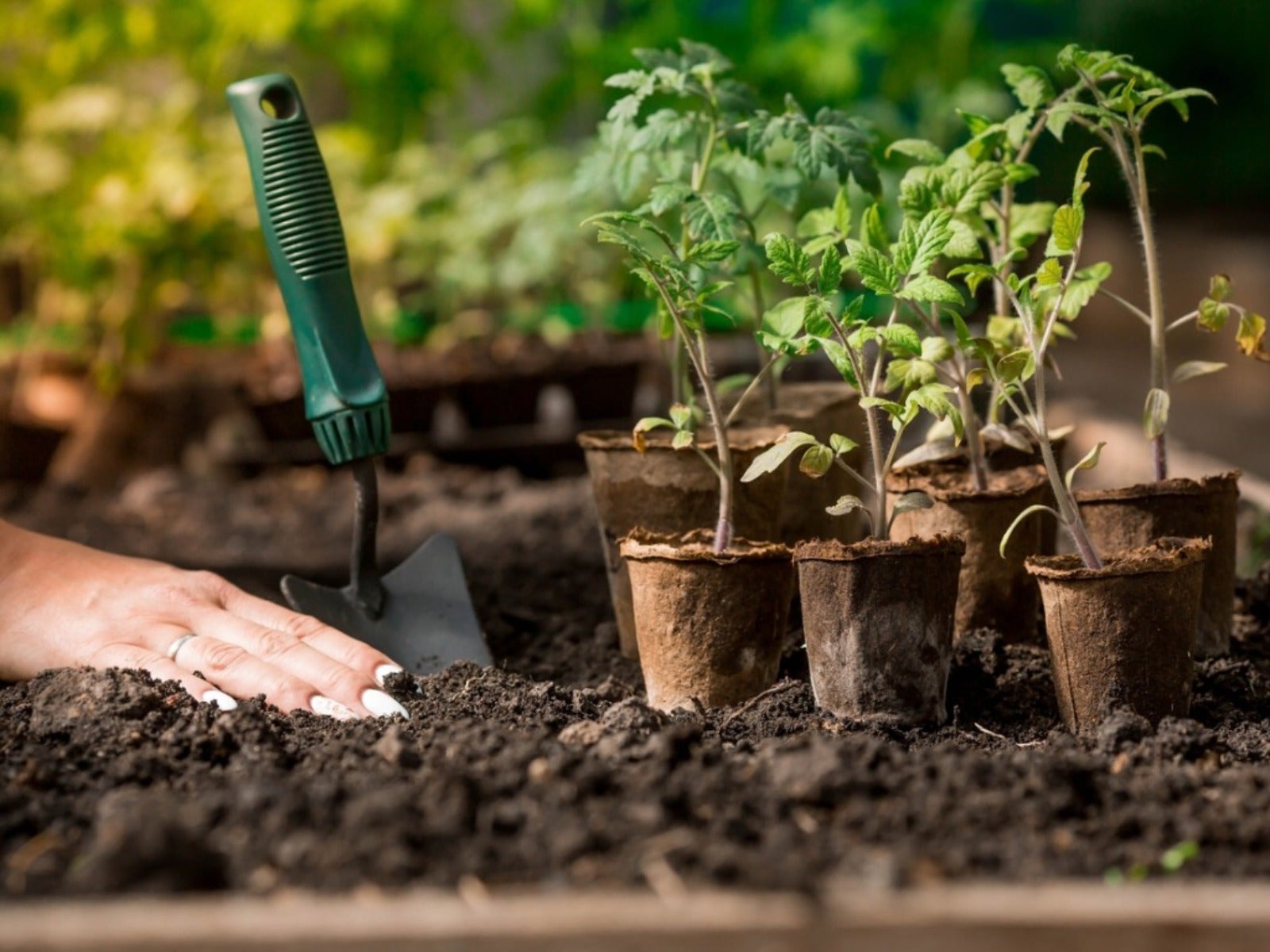 How Many Vegetables To Plant Per Person For A Year
How Many Vegetables To Plant Per Person For A YearGauging how much to plant in a vegetable garden can eliminate waste while still producing enough for your family. Click for more.
By Bonnie L. Grant
-
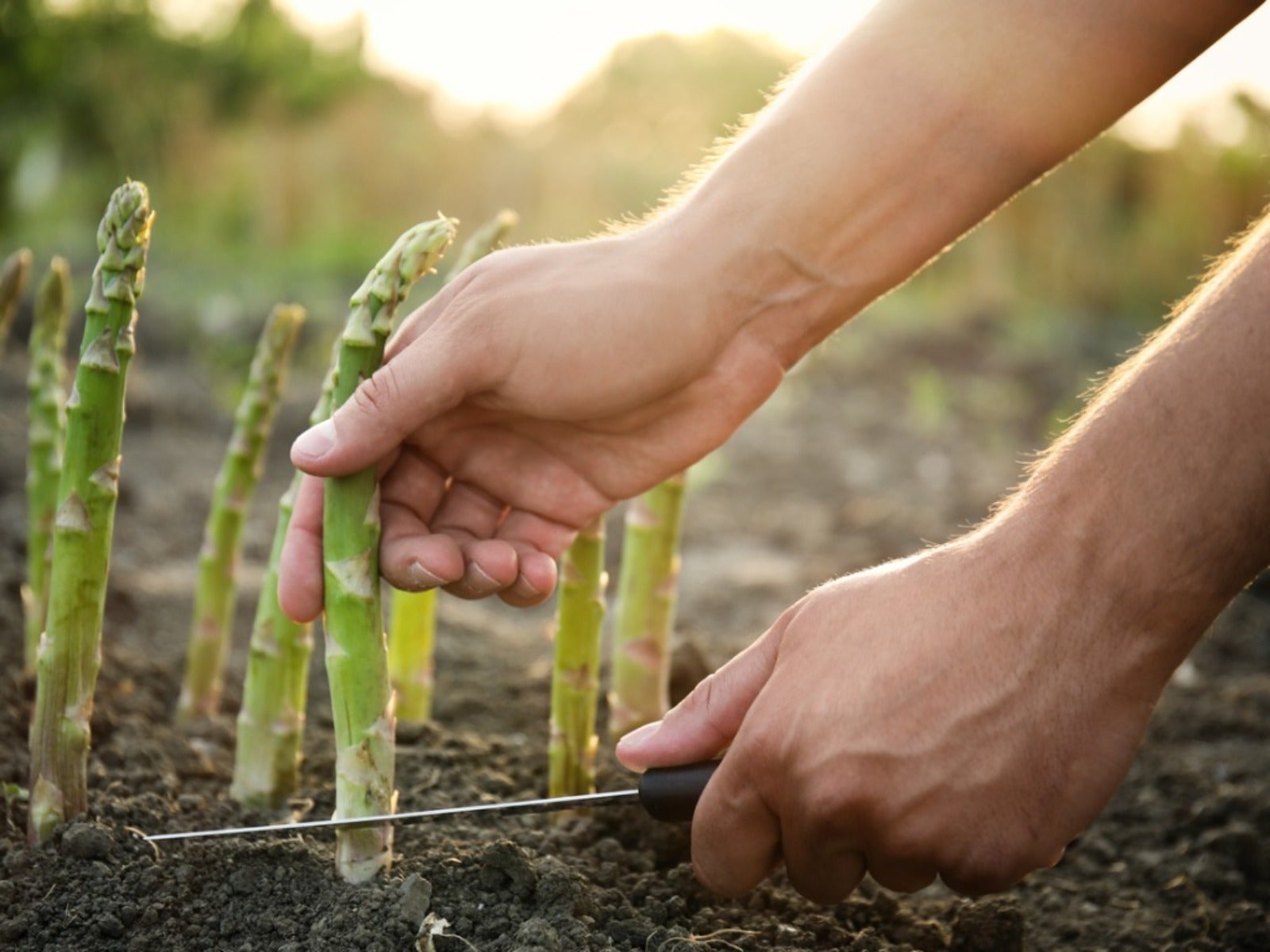 13 Perennial Fruits And Vegetables You Only Have To Plant Once
13 Perennial Fruits And Vegetables You Only Have To Plant OnceLooking to set it and forget it? Find out which fruits and vegetables can be grown as perennials.
By Laura Miller
-
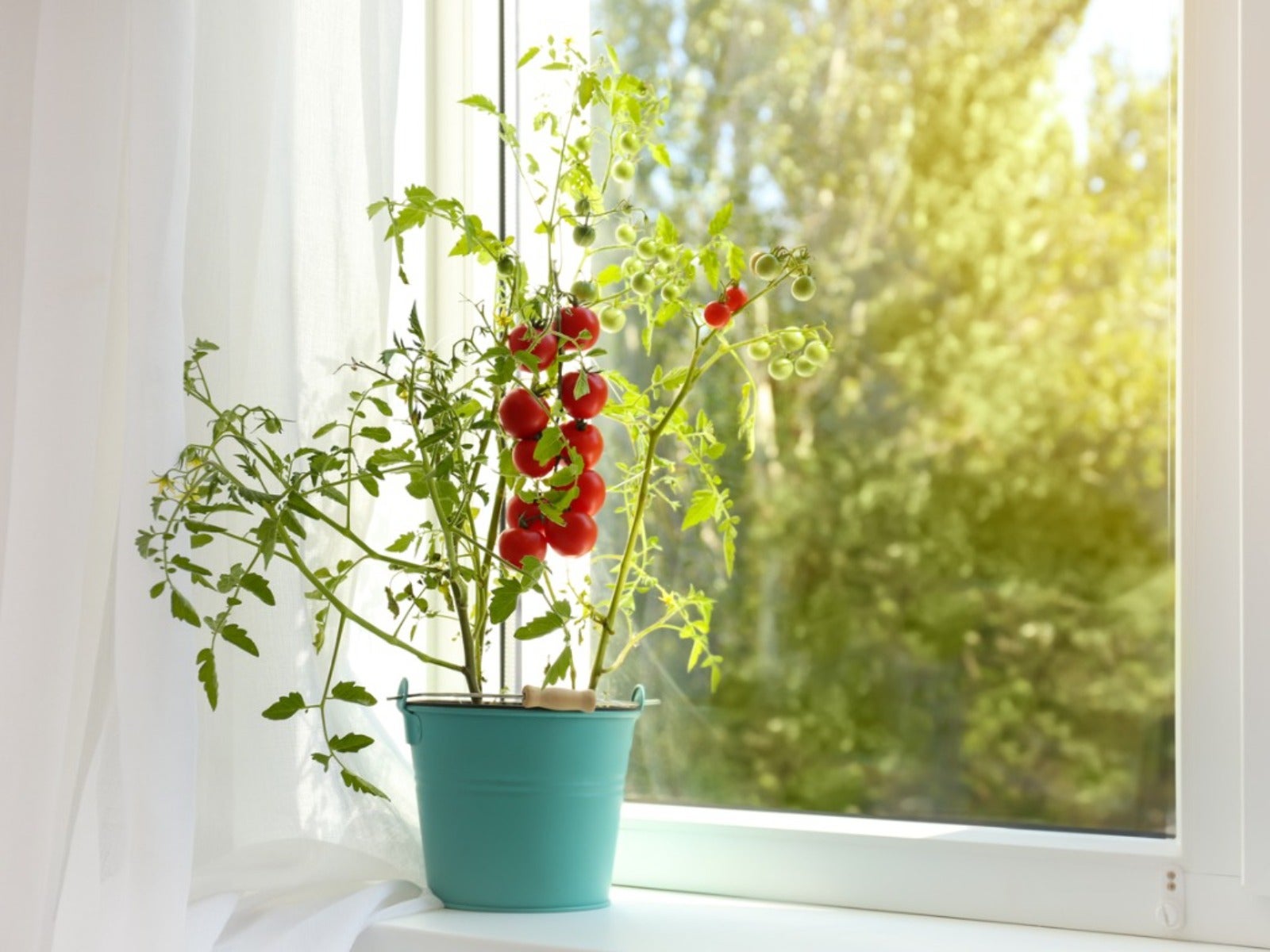 11 Edible Plants For A Year-Round Garden In A Bucket
11 Edible Plants For A Year-Round Garden In A BucketWant to know how to grow food inside your house and which foods do best indoors? Click here to learn all about it.
By Bonnie L. Grant
-
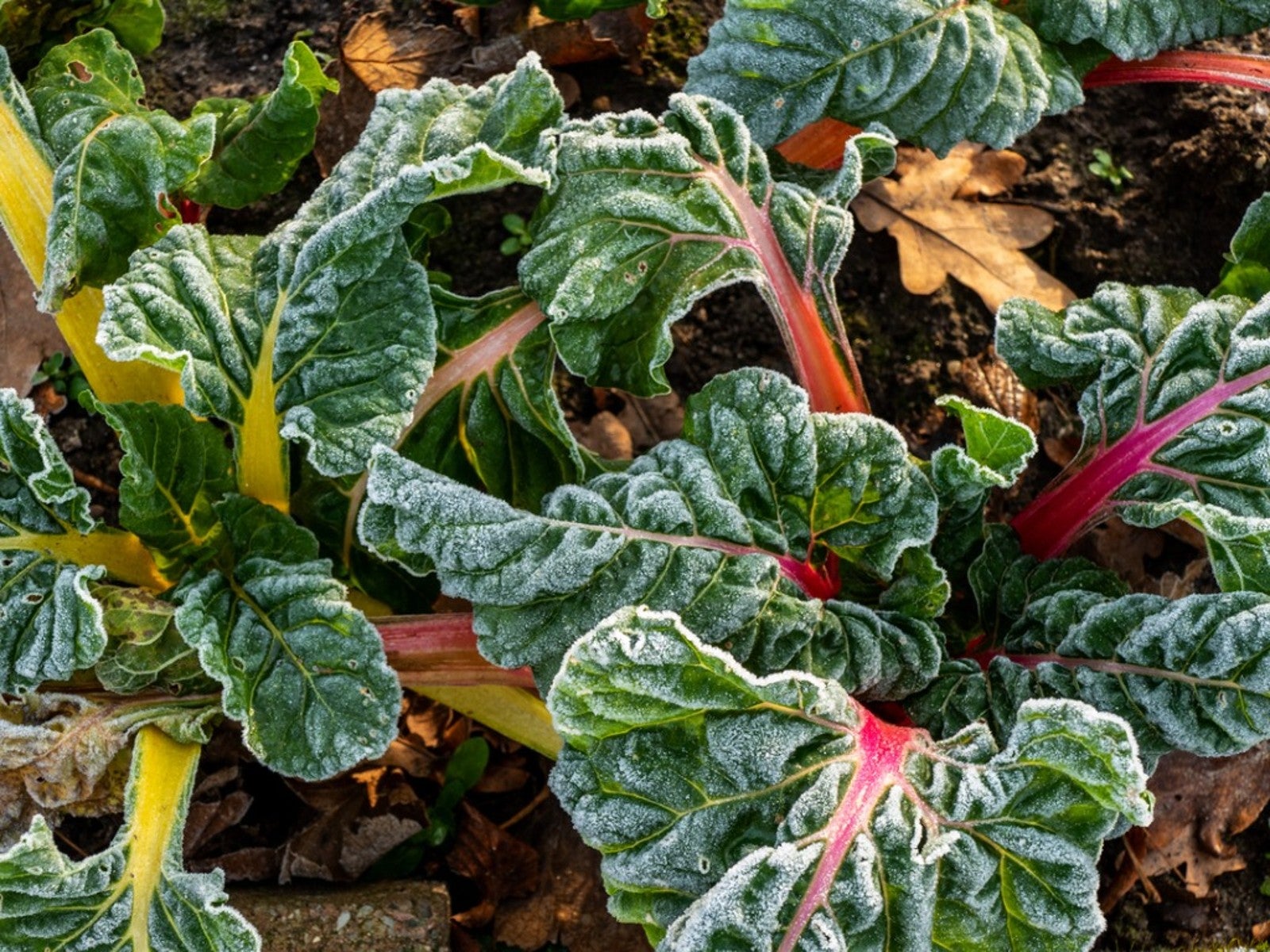 Frost Tolerance Of Vegetables From Least To Most Hardy
Frost Tolerance Of Vegetables From Least To Most HardyHow cold can vegetables tolerate? Knowing which veggies will survive frosts and freezes is essential for the success of your garden. Click here for more.
By Laura Miller
-
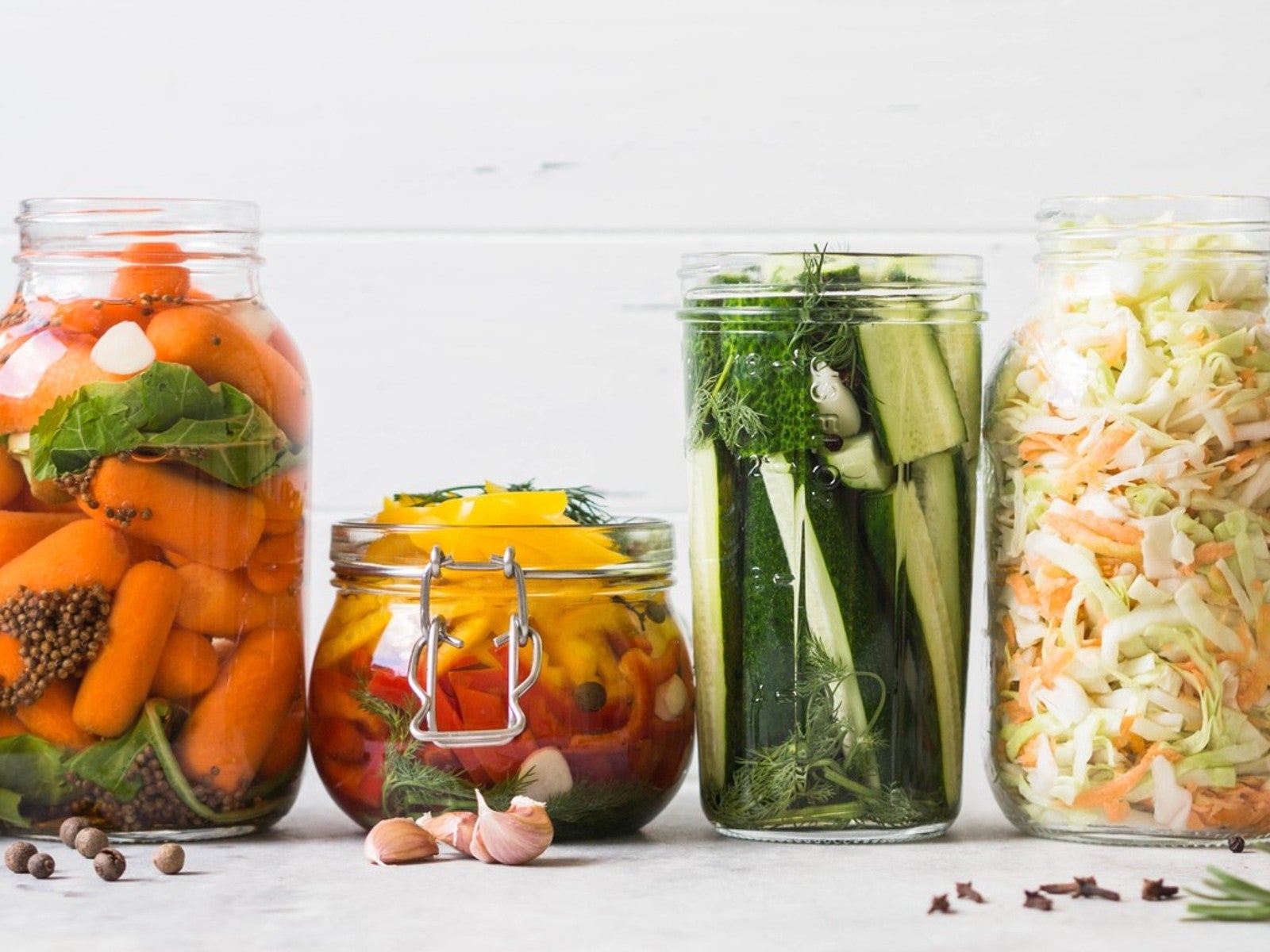 Best Vegetables To Pickle Straight From The Garden
Best Vegetables To Pickle Straight From The GardenPickles aren’t limited to just cucumbers. Read on for tips on pickling your fresh veggies.
By Amy Grant
-
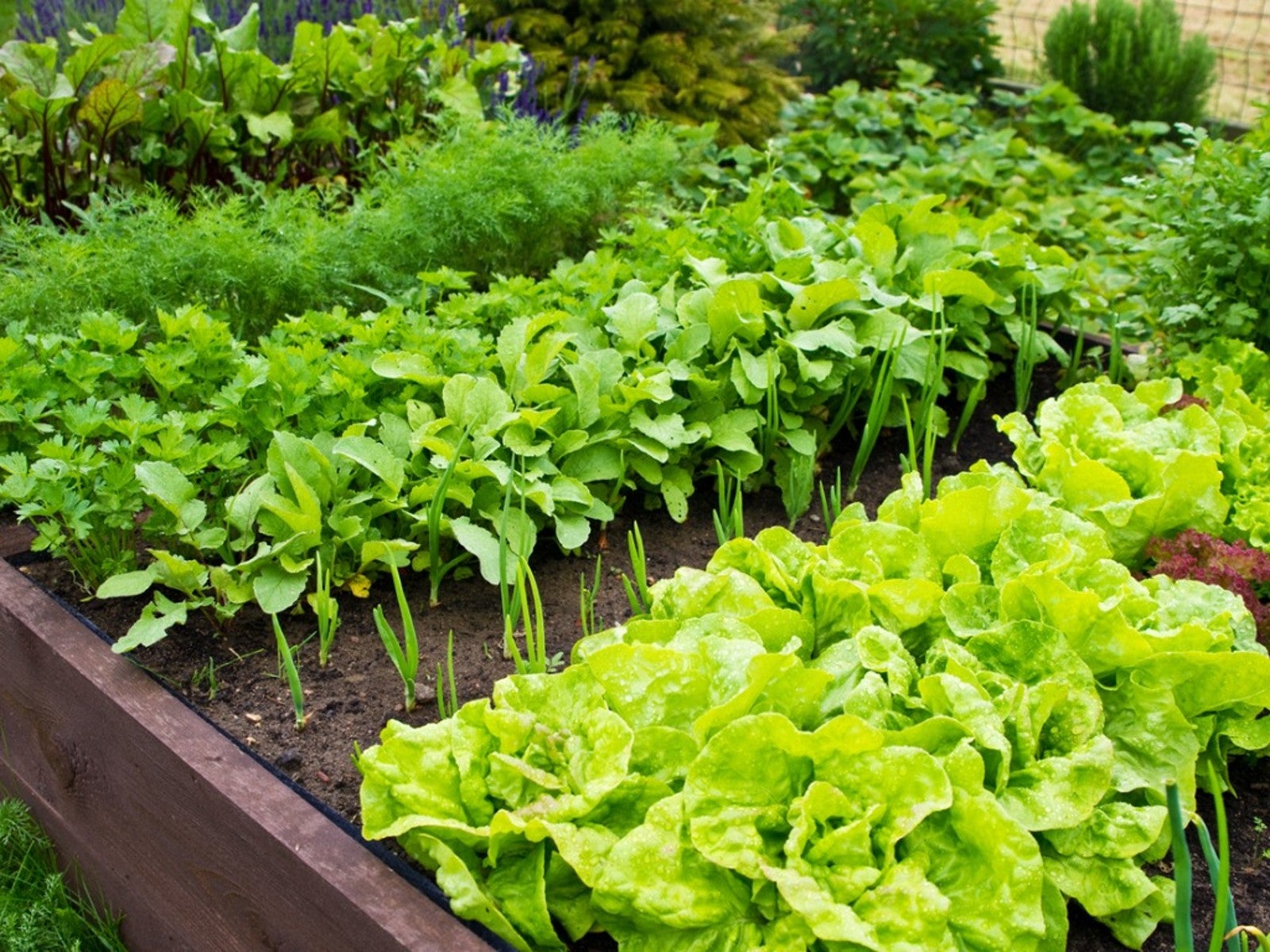 Benefits Of Planting In Fall Vs. Spring Vegetable Plots
Benefits Of Planting In Fall Vs. Spring Vegetable PlotsLearn why some vegetables do better if you plant them in fall instead of spring.
By Laura Miller
-
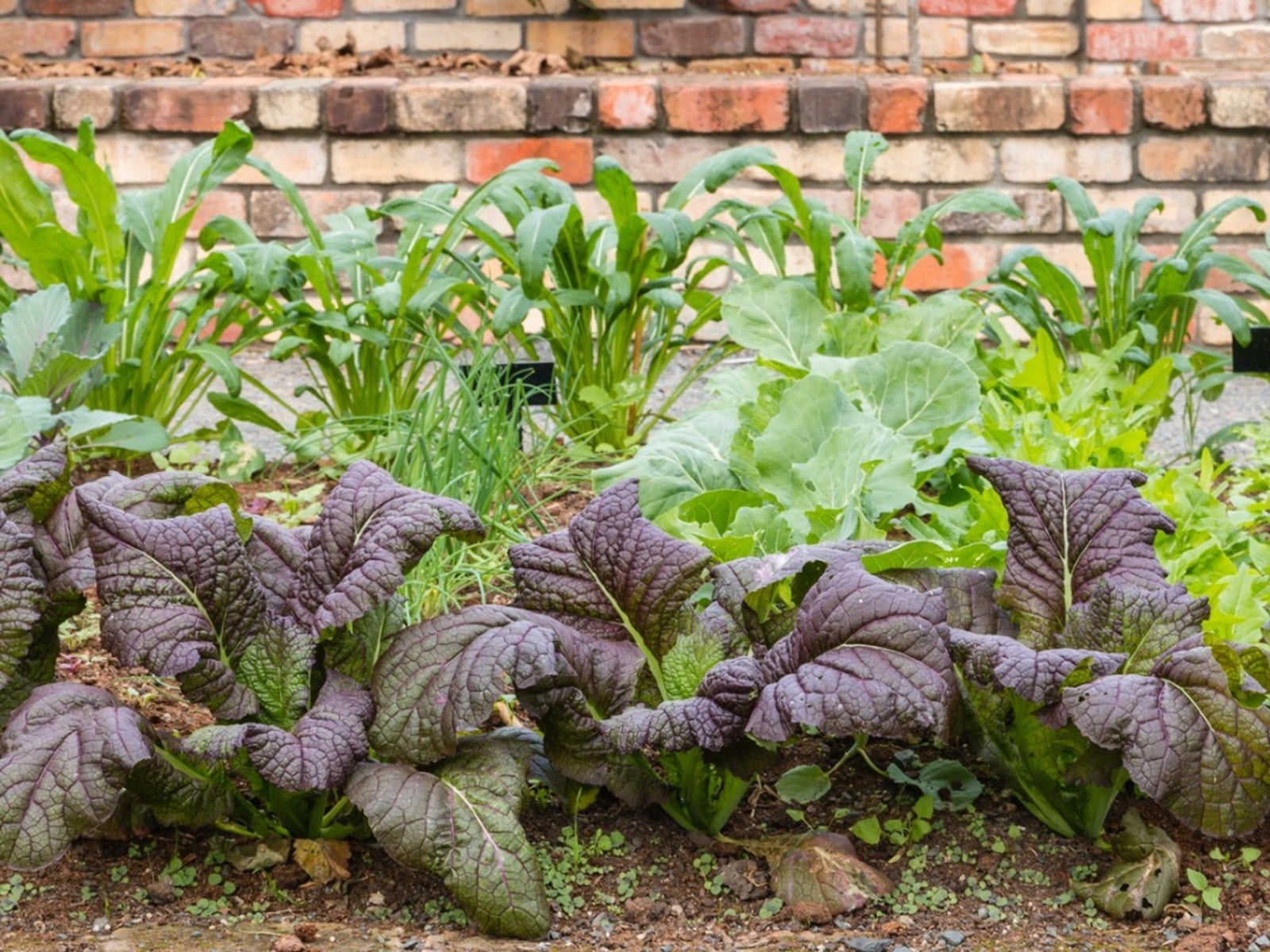 Interplanting Vegetables In The Fall Garden
Interplanting Vegetables In The Fall GardenLearn all about the benefits of interplanting vegetables for your fall garden.
By Laura Miller
-
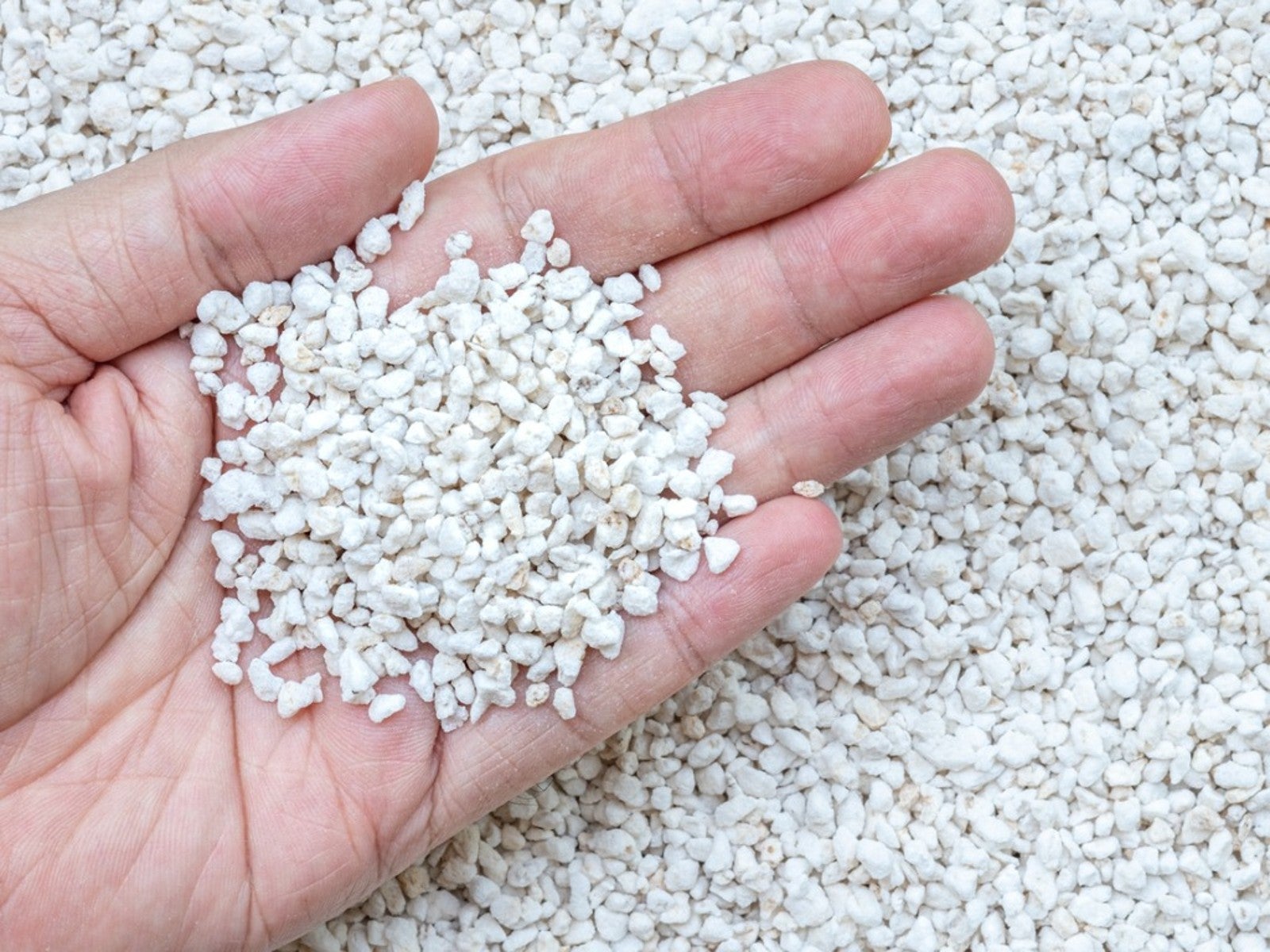 Best Vegetables For Growing In Perlite
Best Vegetables For Growing In PerlitePerlite is a natural growing medium that comes from super-heated volcanic glass. In some cases, it works better than soil. Read on for more info.
By Laura Miller